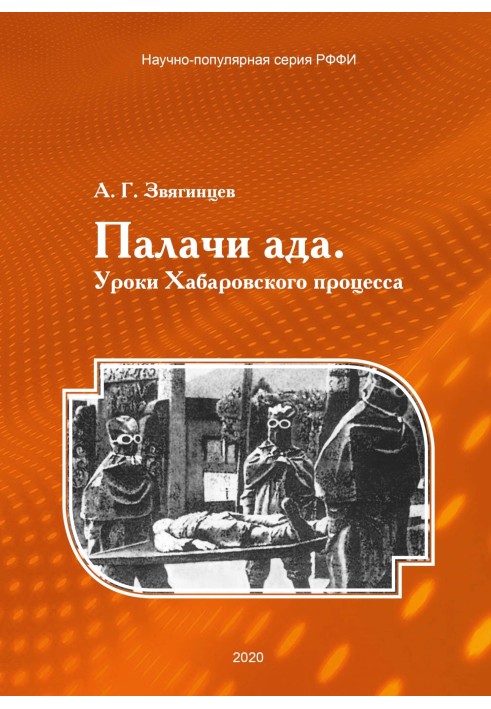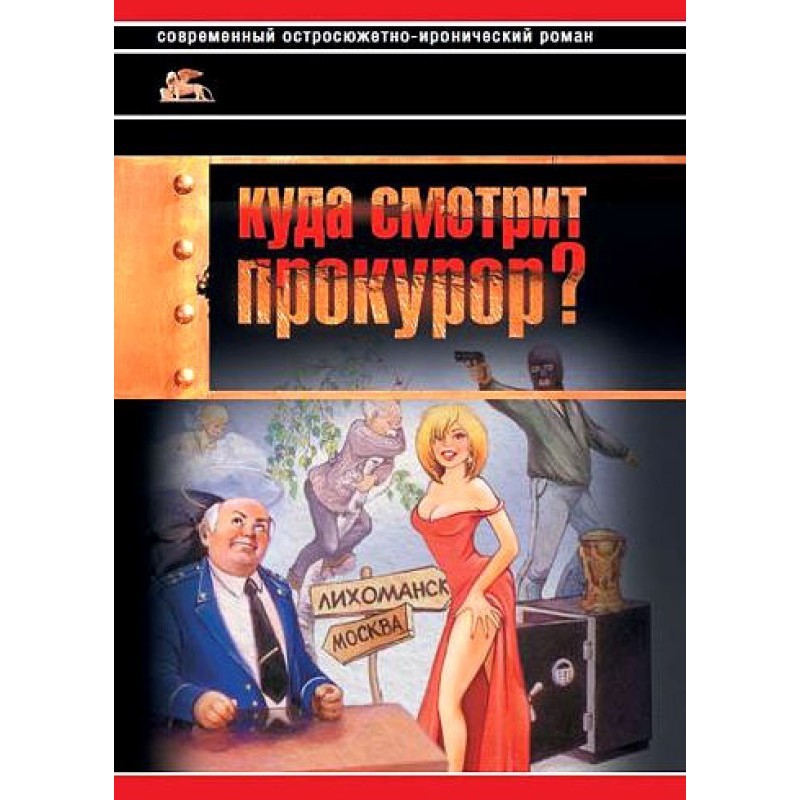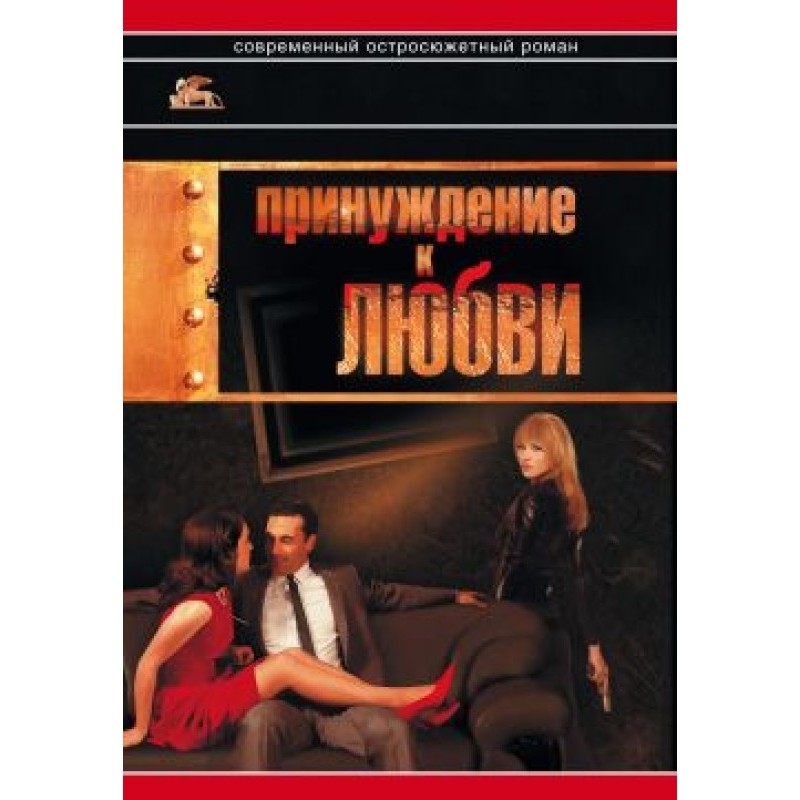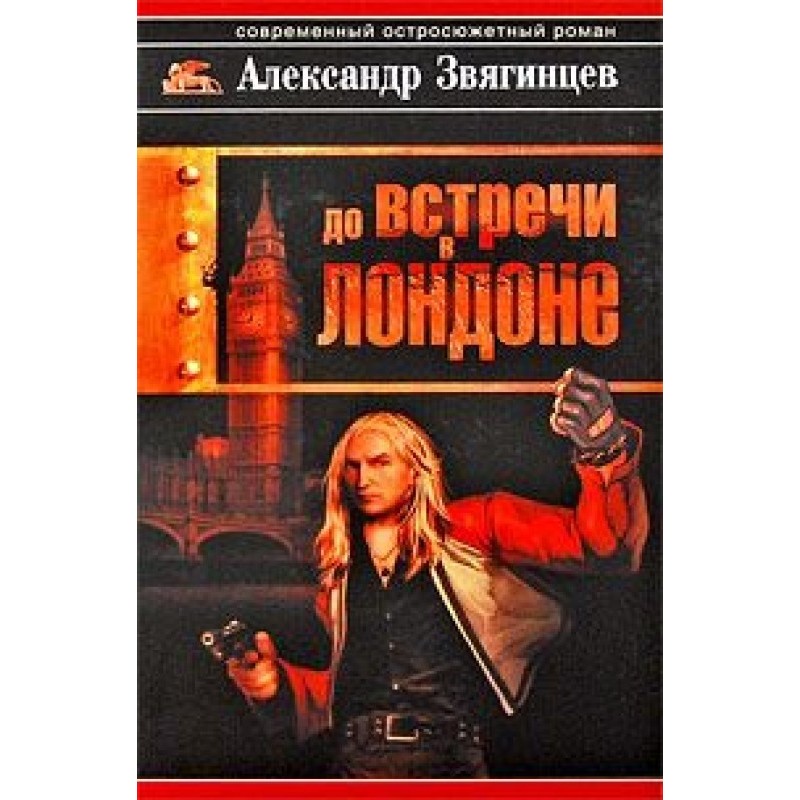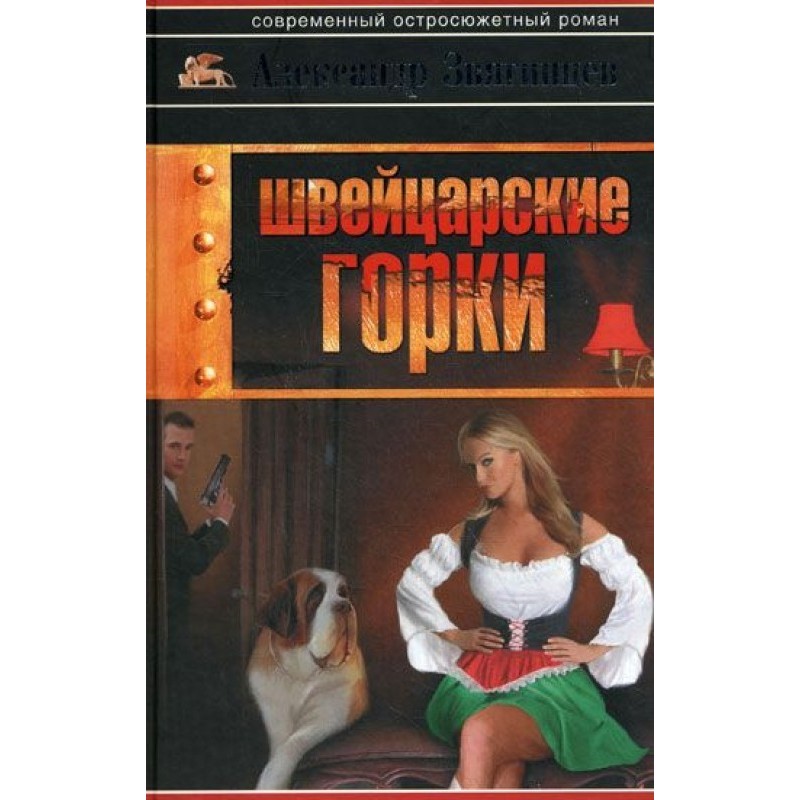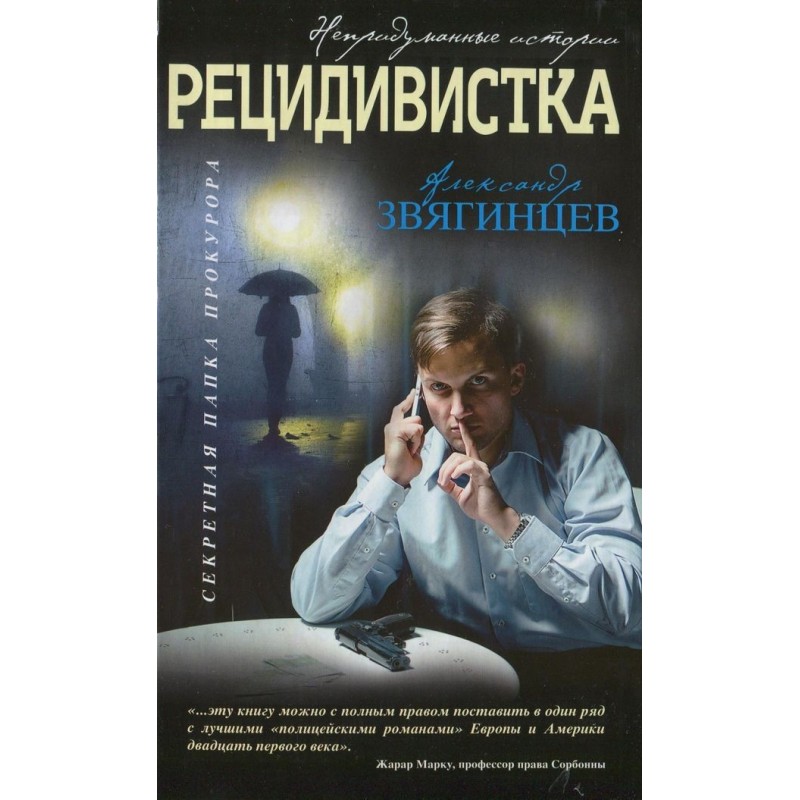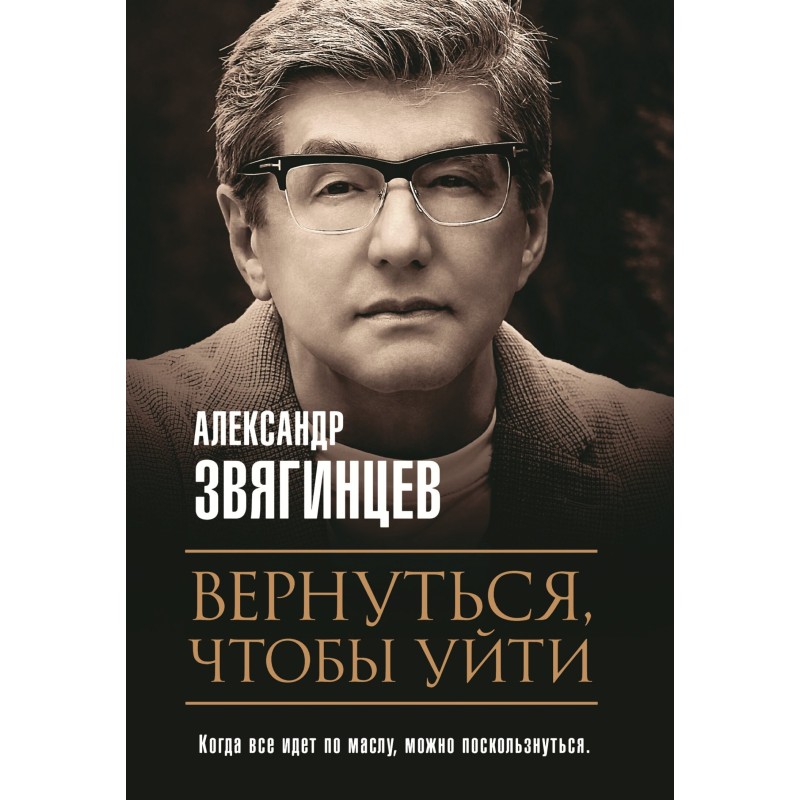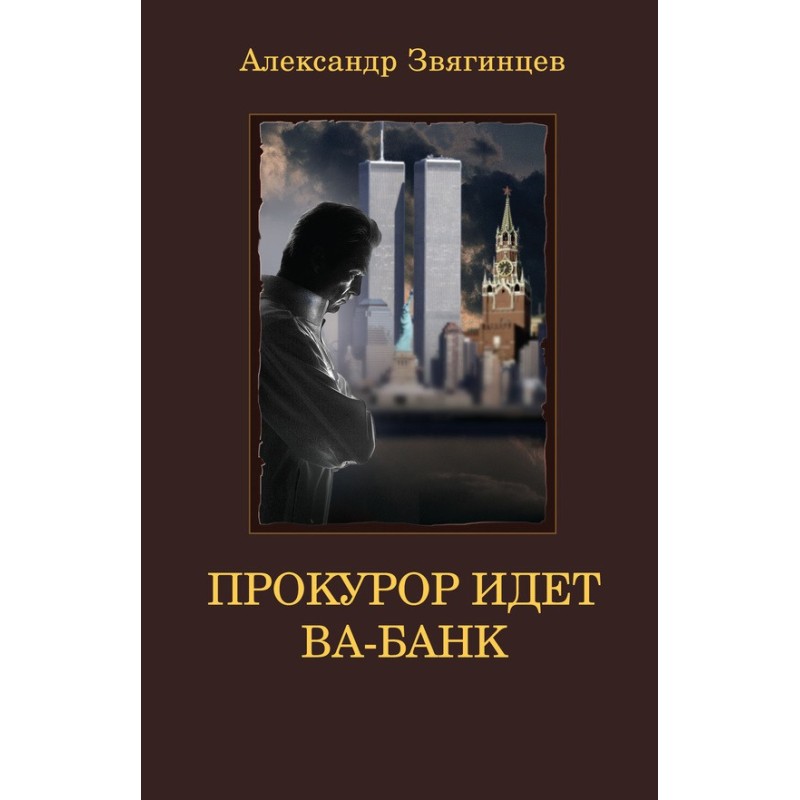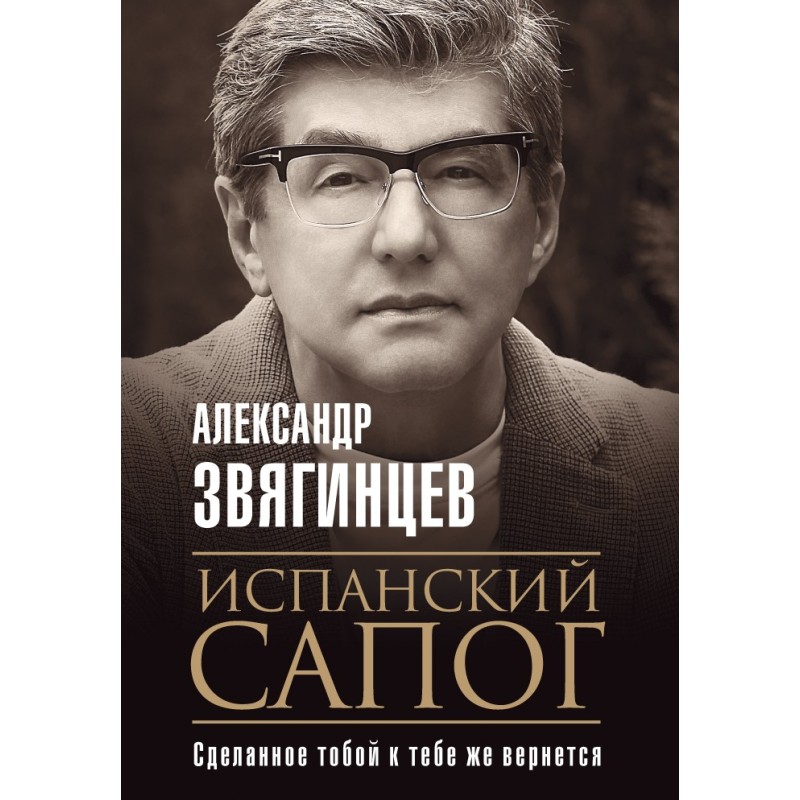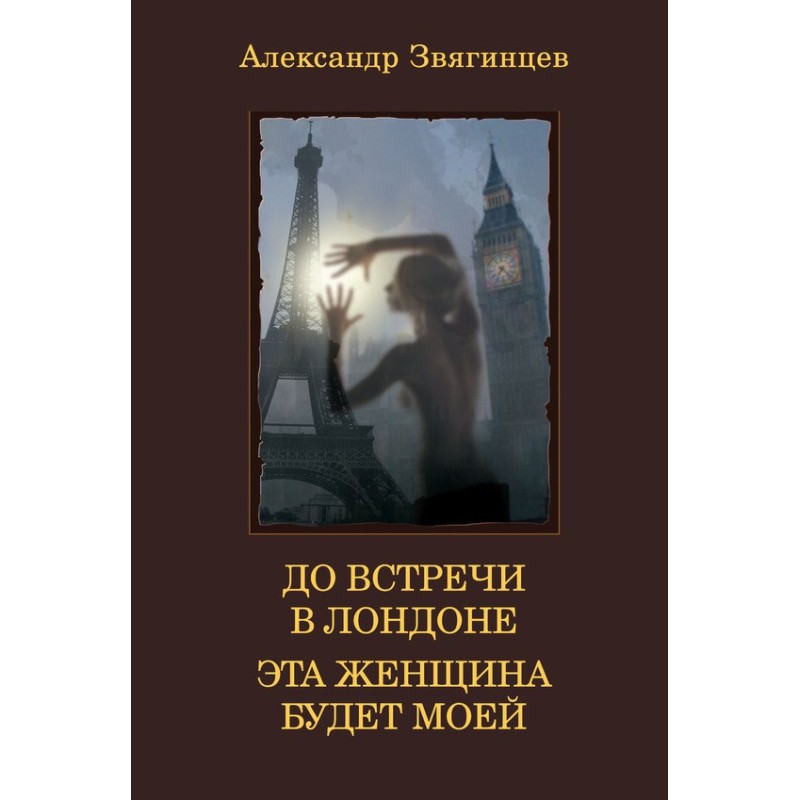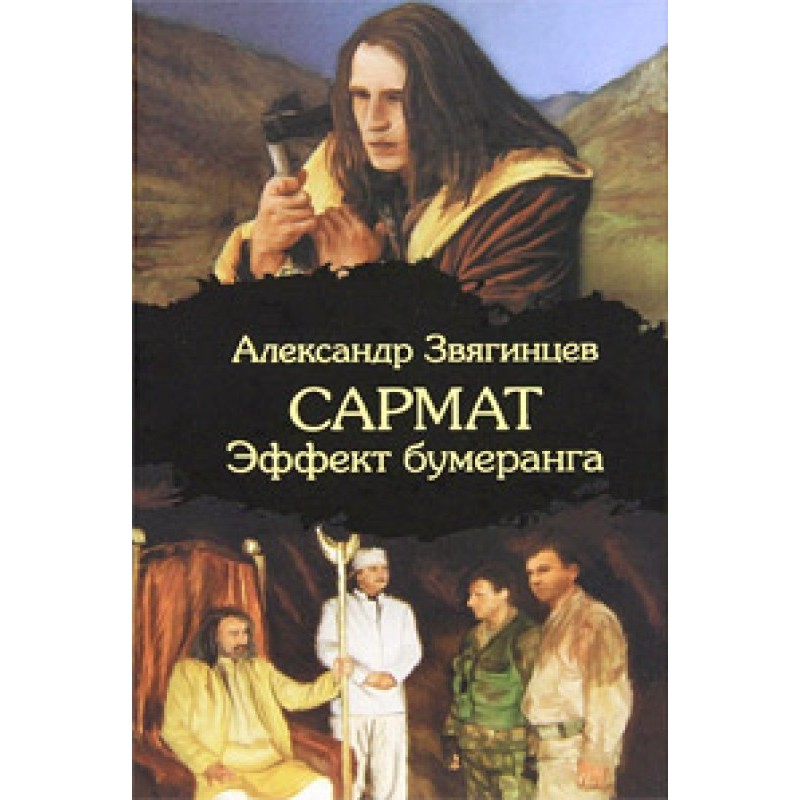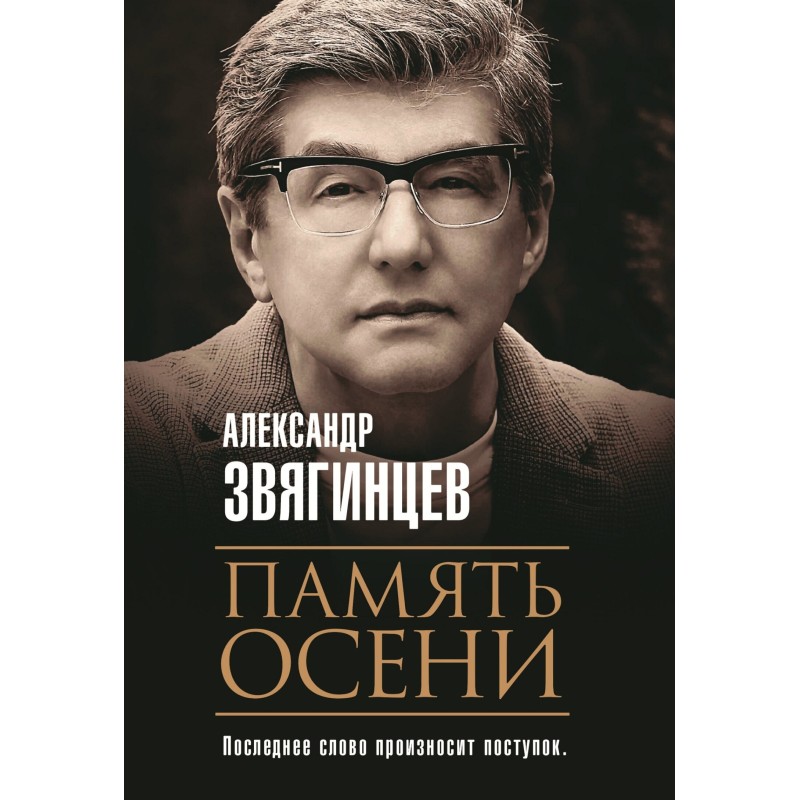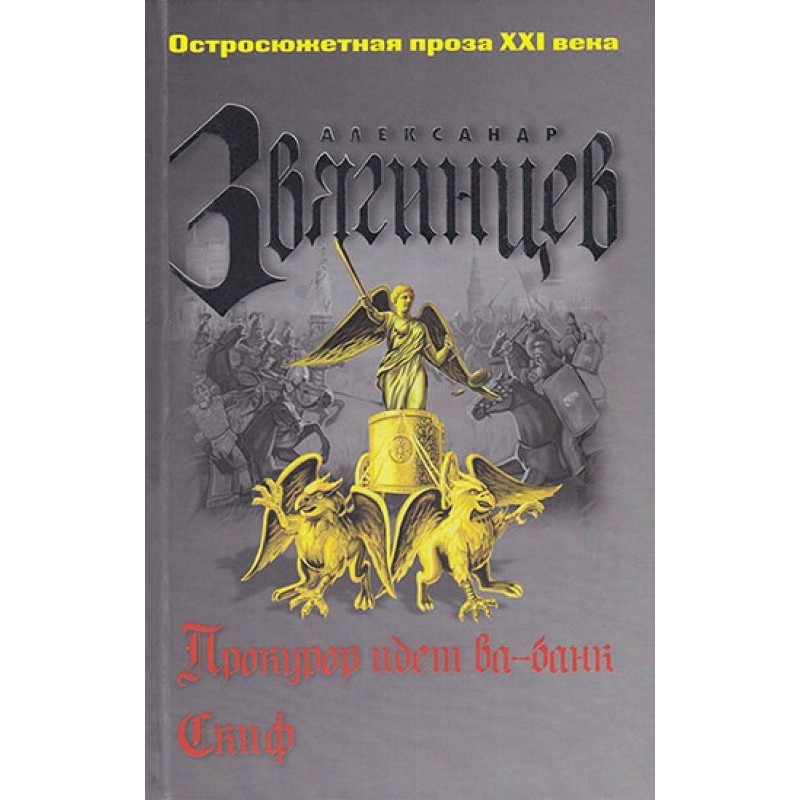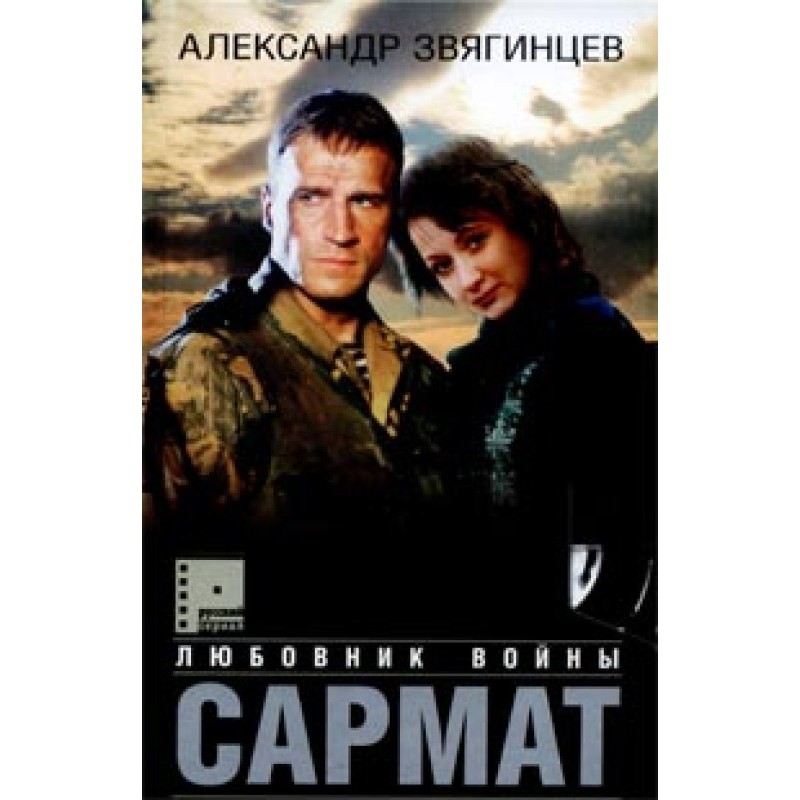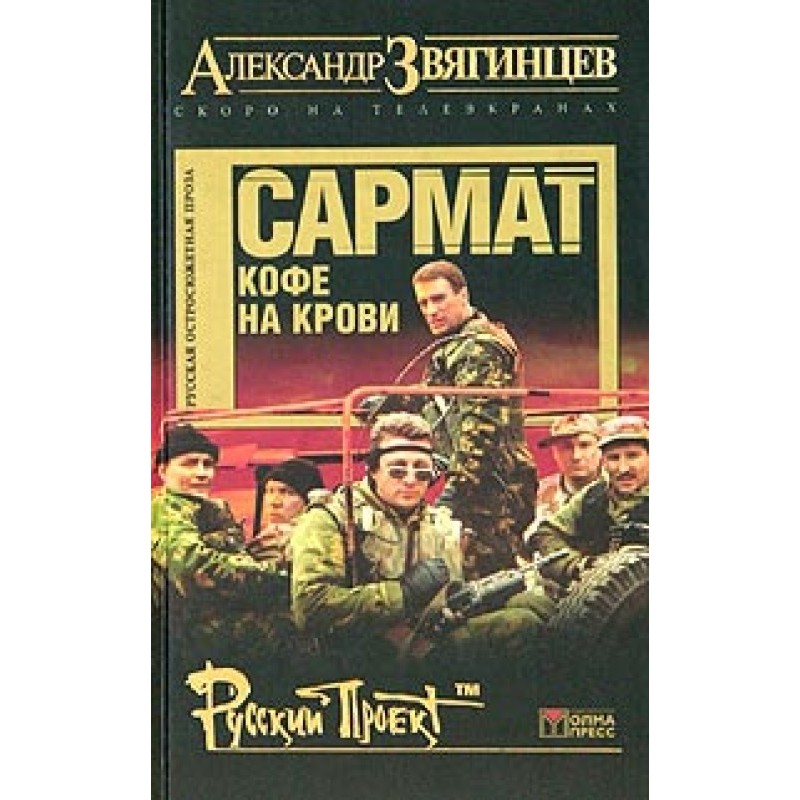Hell's executioners. Lessons from the Khabarovsk trial
 Instant download
Instant download
after payment (24/7)
 Wide range of formats
Wide range of formats
(for all gadgets)
 Full book
Full book
(including for Apple and Android)
Seventy years ago the Khabarovsk trial took place. Now few people remember him. But it was there that facts that were horrific in their cruelty and inhumanity were revealed. This was a real descent into the abyss and hell. Then in 1949, the “executioners of hell” were tried in Khabarovsk. They were accused of creating and using bacteriological and chemical weapons capable of destroying humanity. The Soviet Union made every effort to prevent the spread of this deadly “punami” not only in the Far East, but throughout the world. Following the Nuremberg “trial of peoples,” the Tokyo and Khabarovsk trials put a final, victorious end to the Second World War. A war that claimed the lives of more than 50 million people. The results of the trials served as the foundation for the development of new principles of international justice, which formed the basis of the new world order, as well as the founding documents of the United Nations.
Data sheet
- Name of the Author
- Александр Звягинцев Григорьевич
- Language
- Ukrainian
- Release date
- 2020
Reviews
Вражаюча та важлива книга про забуту історію
Книга "Кати пекла. Уроки Хабаровського процесу" є неймовірно важливим внеском у розуміння жахів, які відбувалися під час Другої світової війни. Автор детально описує Хабаровський процес, який, на жаль, залишився в тіні більш відомих Нюрнберзьких судів. Читач отримує можливість зануритися в атмосферу тих часів, дізнатися про жорстокі експерименти, які проводилися над людьми, і про те, як ці події вплинули на формування сучасного міжнародного правосуддя. Книга написана зрозумілою мовою, що робить її доступною для широкого кола читачів. Незважаючи на деякі недоліки в перекладі, загальний зміст та емоційна насиченість тексту вражають. Ця книга повинна бути прочитана кожним, хто цікавиться історією, правами людини та етикою війни. Вона змушує задуматися про важливість пам'яті та уроків минулого, які не можна забувати.

